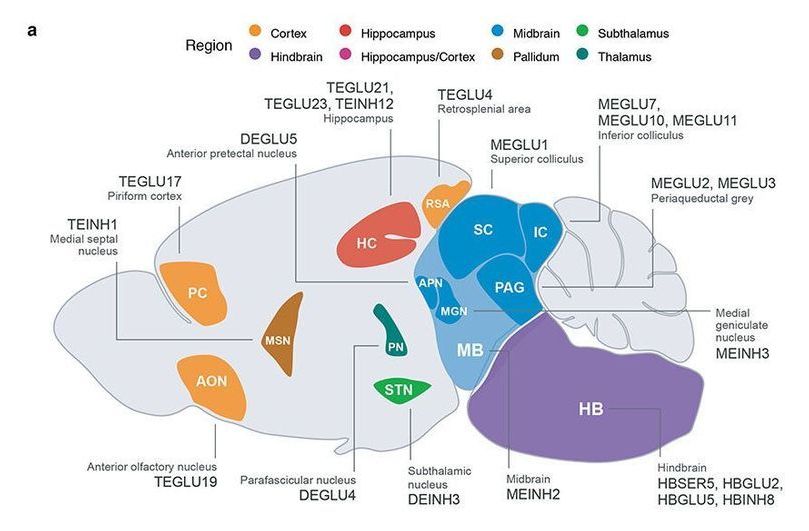Some people are at higher risk of developing obesity because they possess genetic variants that affect how the brain processes sensory information and regulates feeding and behavior. The findings from scientists at the University of Copenhagen support a growing body of evidence that obesity is a disease whose roots are in the brain.
Over the past decade, scientists have identified hundreds of different genetic variants that increase a person’s risk of developing obesity. But a lot of work remains to understand how these variants translate into obesity. Now scientists at the University of Copenhagen have identified populations of cells in the body that play a role in the development of the disease—and they are all in the brain.
“Our results provide evidence that biological processes outside the traditional organs investigated in obesity research, such as fat cells, play a key role in human obesity,” says Associate Professor Tune H Pers from the Novo Nordisk Foundation Center for Basic Metabolic Research (CBMR), at the University of Copenhagen, who published his team’s findings in the internationally-recognized journal eLife.










Comments are closed.